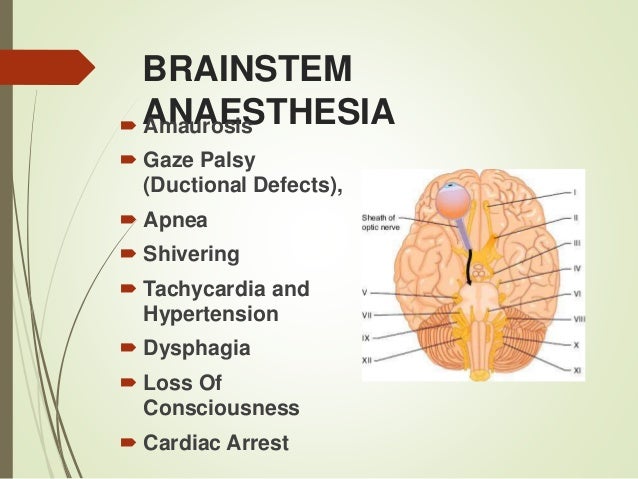

The doctor will also test your near and distance vision (visual acuity) and side (peripheral) vision. You will be asked about your past eye problems and risk factors. To diagnose retinal detachment, your doctor will ask you questions about your symptoms. Or you may have new and sudden loss of side (peripheral) vision that gets worse over time.

The first sign of detachment may be a shadow across part of your vision that doesn't go away. In rare cases, a retinal detachment happens without warning. But they may be a warning sign, so it's best to be checked by a doctor right away. Floaters and flashes don't always mean that you will have a retinal detachment. They often appear at the edges of your visual field. Flashes are brief sparkles or lightning streaks that are easiest to see when your eyes are closed. Floaters are spots, specks, and lines that float through your field of vision. Many people see floaters and flashes of light before they have symptoms of retinal detachment. Fluid buildup may be caused by inflammation or disease in the retina, in the layer just beneath the retina (choroid), in blood vessels, or in tissues in the eye. This fluid buildup can cause the retina to come off the back of the eye. If tissue builds up between the vitreous gel and the retina, it can pull the retina away from the back of the eye. An eye or head injury or other eye disorders may also cause these tears or holes. Tears can also be caused by posterior vitreous detachment (PVD), when the vitreous gel shrinks and separates from the retina. These tears can happen when fluids collect under the retina. Retinal detachment is caused by: Tears or holes in the retina.Ī tear in the retina is the most common cause of retinal detachment. Retinal detachment requires medical care right away. But when the retina detaches, it no longer works as it should. The nerve cells in the retina normally detect light entering the eye and send signals to the brain about what the eye sees. Retinal detachment is an eye problem that happens when the retina, a thin membrane of nerve tissue that lines the back of the eye, comes off (detaches). A silicone band may be used on the outside of the eye to push the back wall against the retina.Condition Basics What is retinal detachment? To repair actual retinal detachments, fluid must be drained from under the retina to minimize the space between it and the eye wall.Liquid silicone may be injected to replace the vitreous fluid to maintain the normal shape of the eye and hold the retina and eye wall in alignment.It can be performed on an outpatient basis, but it requires local anesthesia to numb the eye. Cryopexy is the use of extreme cold to cause scar formation and seal the edges of a retinal tear.

It requires no surgical incision and causes less damage to surrounding tissue. Laser treatment can be performed on an outpatient basis. These scars seal the borders of the tear and prevent fluids from leaking toward the retina, which helps to avoid detachment. The laser creates small burns around the edges of the tear, which produces scars.



 0 kommentar(er)
0 kommentar(er)
